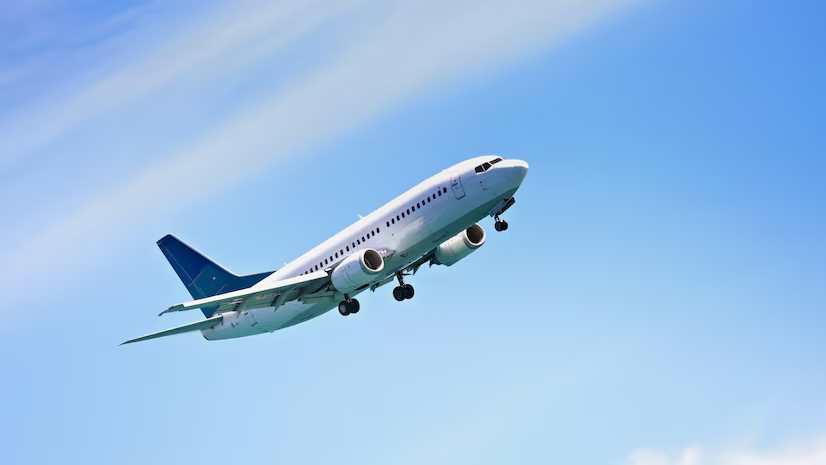- by foxnews
- 06 Apr 2025
IATA highlights slow growth in Sustainable Aviation Fuel (SAF) production despite doubling volumes in 2024
The International Air Transport Association (IATA) has released its latest report on Sustainable Aviation Fuel (SAF) production, revealing both progress and challenges in the aviation industry̢۪s journey toward decarbonization.
- by travelandtourworld
- 11 Dec 2024
- in travel

While SAF production doubled in 2024 to reach 1 million tonnes (1.3 billion liters), representing 0.3% of global jet fuel production and 11% of global renewable fuel output, this growth remains below earlier projections.
SAF Production Falls Short of Expectations
Initial forecasts predicted SAF production would hit 1.5 million tonnes (1.9 billion liters) in 2024.
However, delays in ramping up key facilities in the United States have pushed expected output to the first half of 2025.
By then, SAF production is projected to reach 2.1 million tonnes (2.7 billion liters), accounting for 0.7% of total jet fuel production and 13% of global renewable fuel capacity.
He attributed this sluggish growth to mixed signals from governments and investor hesitancy.
Walsh urged governments to phase out fossil fuel subsidies and prioritize incentives for renewable energy, including SAF.
The Global Energy Transition and Aviation
To achieve net-zero CO2 emissions by 2050, IATA estimates that between 3,000 and 6,500 renewable fuel plants will be required.
Accelerating SAF Production: Immediate Measures
IATA outlined three key measures to expedite SAF production:
Increase Co-Processing: Existing refineries could co-process up to 5% renewable feedstocks with crude oil, saving $347 billion in capital expenditure by 2050.
Diversify SAF Pathways: While the HEFA pathway currently dominates SAF production, scaling up alternatives like Alcohol-to-Jet (AtJ) and Fischer-Tropsch (FT) technologies could significantly boost supply.
Establish a Global SAF Accounting Framework: A transparent registry would allow airlines to claim environmental benefits from SAF purchases, promoting a global market for SAF.
Public Support for SAF and Government Action
A recent IATA survey highlighted strong public support for SAF, with 86% of travelers agreeing that governments should provide production incentives for airlines to access SAF.
An equal percentage believe oil companies should prioritize SAF supply.
The Way Forward
Walsh urged governments to emulate the success of wind and solar energy transitions, redirecting subsidies from fossil fuels to renewable energy.
Industry Commitment to Decarbonization
The road ahead for SAF is promising but requires immediate action from governments, investors, and the aviation industry to meet the ambitious net-zero targets by 2050.
- by foxnews
- descember 09, 2016
Viral photo of McDonald's PlayPlace prompts superfan to reveal fast-food chain's stray from nostalgia
McDonald's superfan shares the standout PlayPlaces he has seen after a viral photo showed a "heartbreaking" McDonald's PlayPlace in Franklin, Tennessee.
read more




